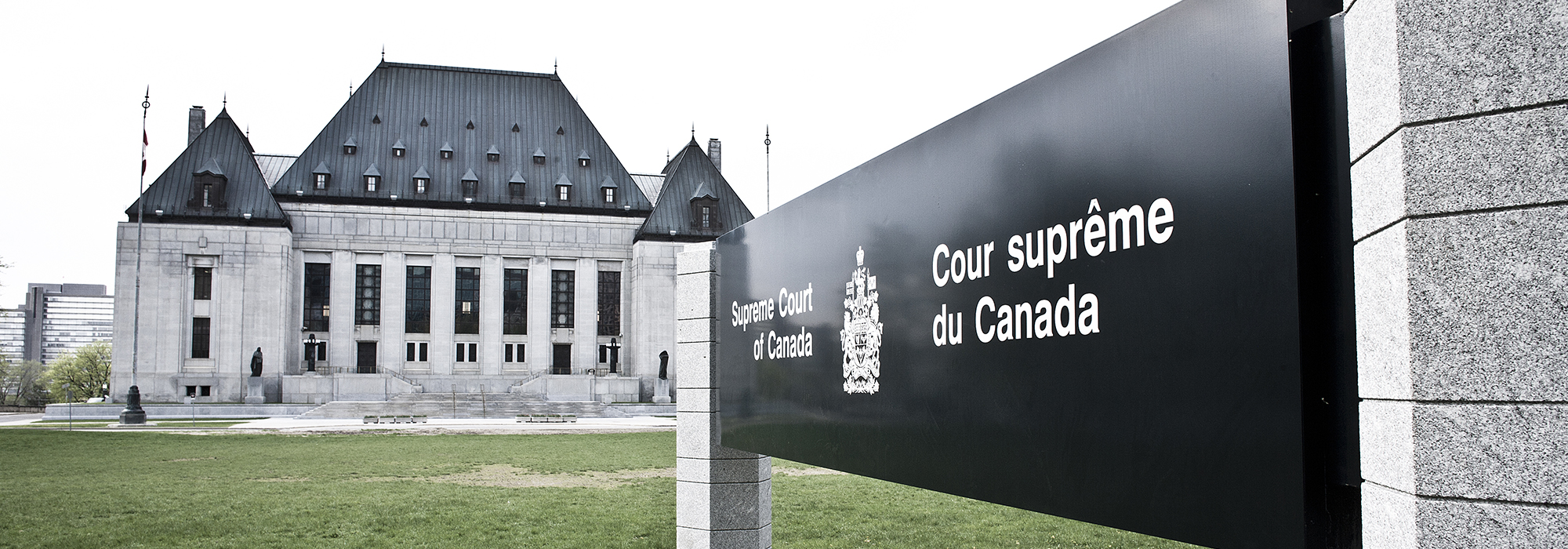
Montreal — A new study from the Institute for Research on Public Policy analyzes the constitutional challenges to the federal government’s carbon pricing law to be heard by the Supreme Court of Canada, and argues that Ottawa needs to make a stronger case for the legislation.
There is a scientific consensus that greenhouse gas (GHG) emissions must be reduced to stabilize global temperatures. A central question for Canada is how to distribute the burden of reducing emissions across the provinces and territories.
In 2018, the federal government introduced the Greenhouse Gas Pollution Pricing Act (GGPPA). It has two key components: a benchmark that sets a floor for carbon pricing across Canada, and a backstop to impose a price in provinces or territories that fail to meet the benchmark. Because of their carbon-intensive economies, Alberta and Saskatchewan are particularly affected by reductions in GHG emissions. These two provinces and Ontario have launched constitutional challenges to the GGPPA, and the Supreme Court is slated to hear the Saskatchewan and Ontario cases on March 17 and 18, 2020.
The core legal issue is whether the federal government has authority to impose the backstop on provinces that do not meet the GGPPA criteria. To date it has defended the legislation on the basis that GHG emissions are a “matter of national concern” under its peace, order and good government (POGG) power.
Author Sujit Choudhry, a constitutional law expert, points out that this argument has been rejected by all the 10 judges who considered it in the Ontario and Saskatchewan appeal courts. He recommends that the federal government instead base its case on its authority – also under the POGG power – to regulate the systemic and irreversible risk posed by GHG emissions. To make this argument persuasively, it will need to present evidence, including the latest scientific research, about a self-reinforcing feedback loop in global warming that cannot be stopped once it passes a threshold.
“The fate of the federal carbon pricing law now rests with the Supreme Court. It is one of the most challenging policy issues Canada has ever faced,” concludes Choudhry.
Constitutional Law and the Politics of Carbon Pricing in Canada, by Sujit Choudhry, can be downloaded from the Institute’s website (irpp.org).
The Institute for Research on Public Policy is an independent, national, bilingual, not-for-profit organization based in Montreal. To receive updates from the IRPP, please subscribe to our e‑mail list.
Media contact: Ricardo Montrose, tel. 514-985-2461 ext. 282, rmontrose@nullirpp.org

Cléa Desjardins
Communications Director
514-245-2139 • cdesjardins@irpp.org